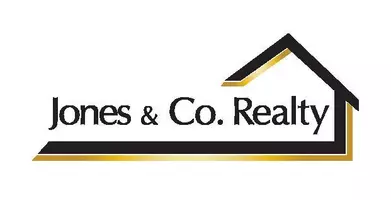FHA Loans vs. Conventional Mortgages

Are you in the market to purchase a new home? If so, you may be wondering what type of mortgage is right for you. Two popular options are FHA loans and conventional mortgages. In this blog, we will discuss the differences between these two options and help you determine which one is the best fit for your needs.
What Is an FHA Home Loan?
An FHA loan is a mortgage offered by the Federal Housing Administration (FHA). This type of loan is designed to help buyers who may not have the traditional 20% down payment required for a conventional mortgage. FHA loans typically require a down payment of only 3.5%, making it an attractive option for many first-time homebuyers.
What Do You Need to Apply?
To apply for an FHA loan, you will need to meet certain requirements. First, you must have a minimum credit score of 580. If your credit score is lower than that, you may still be able to qualify, but you will have to put down a larger down payment. You will also need to provide proof of income and employment, as well as bank statements and tax returns. Finally, you will need to pay for mortgage insurance, which protects the lender in case you default on the loan.
Pros and Cons
Like any type of loan, an FHA loan has its pros and cons. One of the biggest advantages is the lower down payment requirement. This makes it easier for buyers to get into a home, even if they don't have a lot of cash on hand. Another benefit is that FHA loans have more lenient credit requirements than conventional mortgages.
However, there are also some downsides to FHA loans. One of the biggest is the mortgage insurance requirement. This can add a significant amount to your monthly payment, and it can be difficult to get rid of. Another disadvantage is that FHA loans have lower loan limits than conventional mortgages. This means that you may not be able to buy as expensive of a home as you would with a conventional mortgage.
Conventional Mortgages
In contrast, a conventional mortgage is a loan that is not guaranteed by the government. These loans typically require a higher down payment, usually around 20%. They also have stricter credit requirements, with lenders looking for a credit score of at least 620.
The biggest advantage of a conventional mortgage is that you won't have to pay mortgage insurance if you put down at least 20% of the purchase price. This can save you a significant amount of money over the life of the loan. Another benefit is that conventional mortgages often have higher loan limits, so you may be able to buy a more expensive home.
However, there are also some disadvantages to conventional mortgages. The higher down payment requirement can be a barrier for many buyers, especially first-time homebuyers. The stricter credit requirements can also make it difficult to qualify for a conventional mortgage.
So, Which Is Right for You?
Choosing between an FHA loan and a conventional mortgage ultimately comes down to your individual circumstances. If you have a lower credit score or a smaller down payment, an FHA loan may be the better option. If you have a higher credit score and more cash on hand, a conventional mortgage may be the way to go. The best thing you can do is talk to a lender and explore all of your options before making a decision.
Categories
- All Blogs 323
- 55+ Communities 9
- Boating Communities 9
- First Time Home Buyer 100
- Florida Lifestyle 66
- Foreclosures 2
- Fun Things to do in Lee County, Florida 36
- Golf Communities 21
- Home Buyer Tips 116
- Home Seller Tips 98
- Homeowner Tips 58
- Mortgage Tips 34
- Neighborhoods 59
- Schools 3
- Title & Escrow 2
- Title Insurance 4
Recent Posts
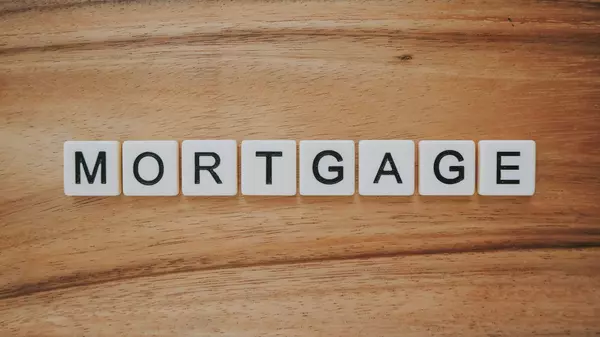


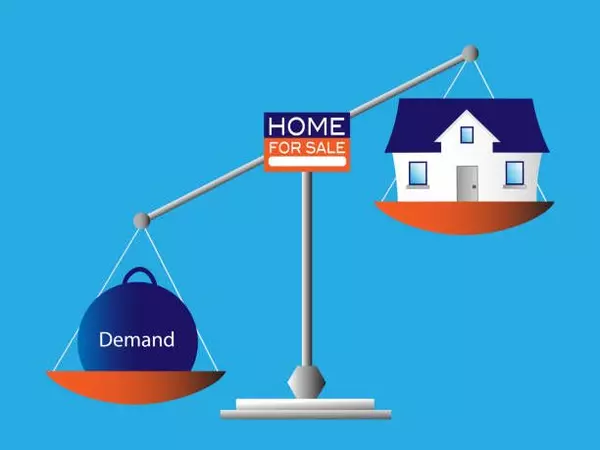


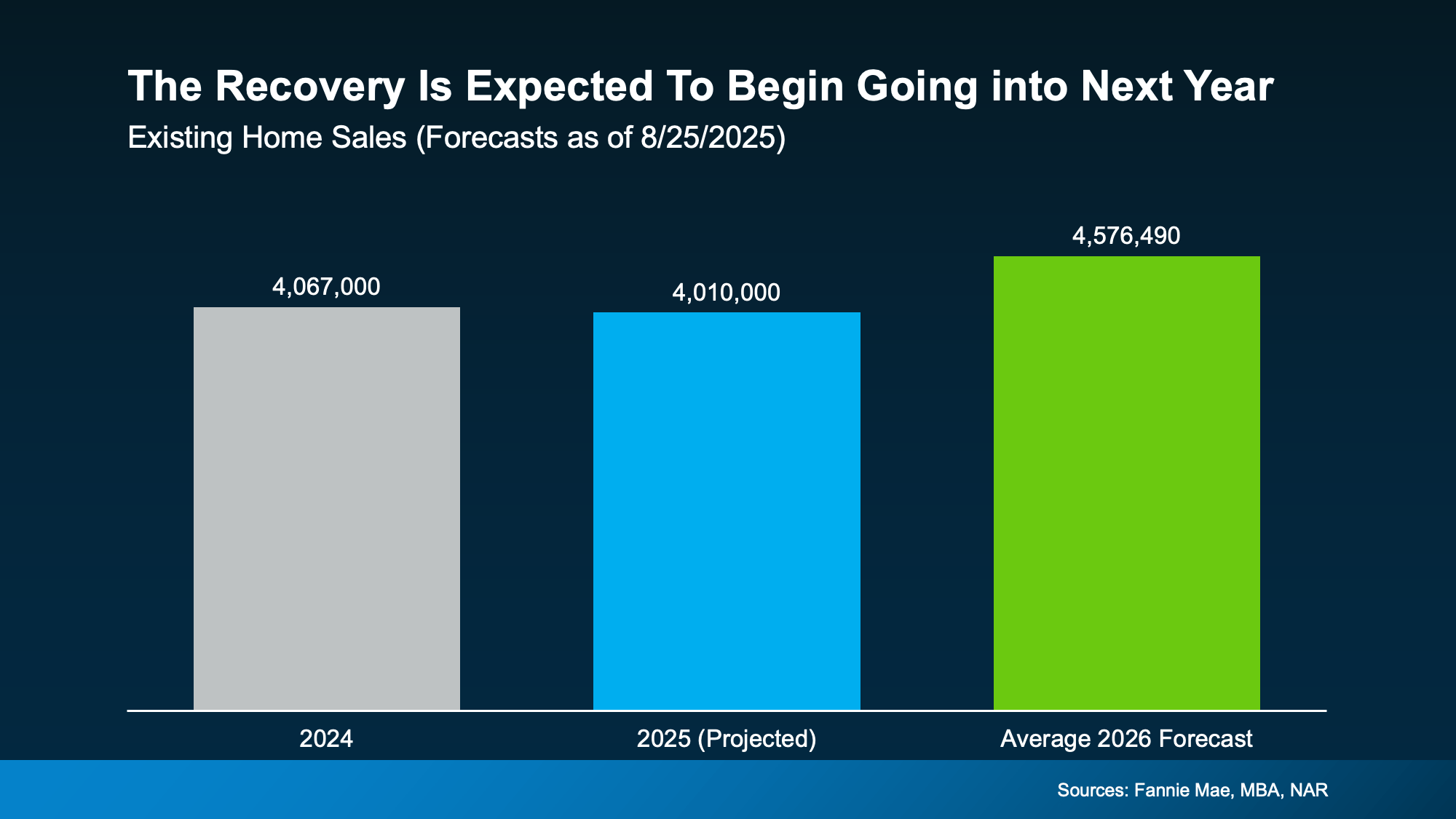
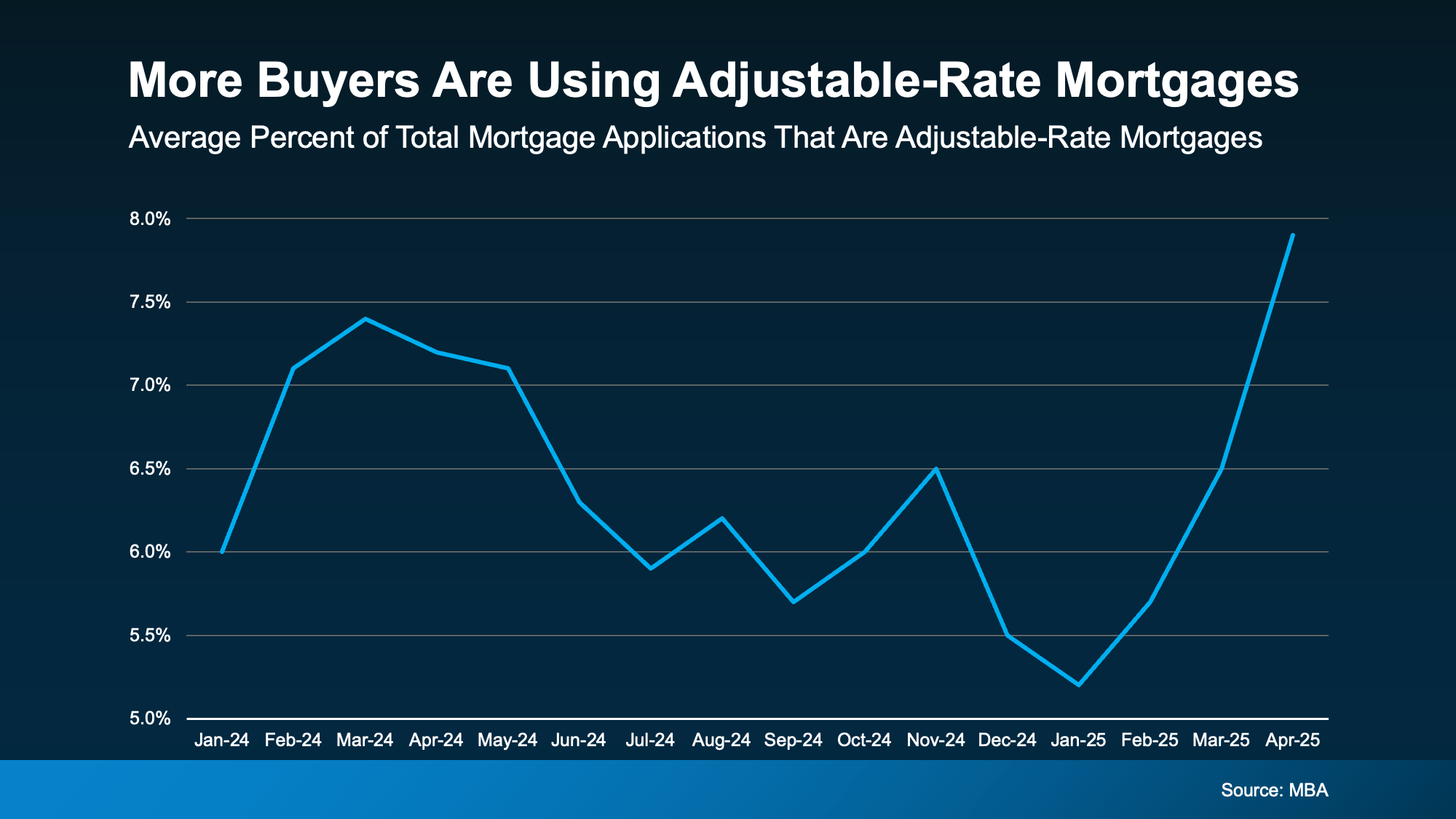
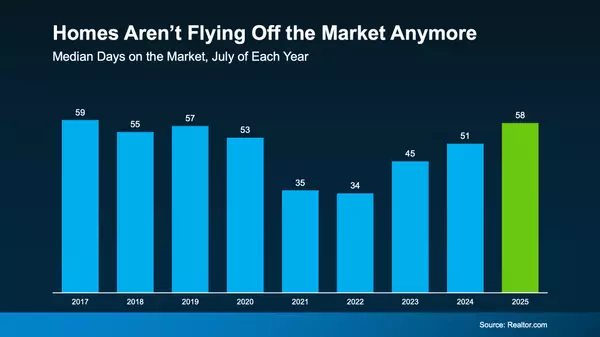

GET MORE INFORMATION

Billee Silva, PA, ABR SRS
Licensed Realtor | License ID: P3275278
Licensed Realtor License ID: P3275278
